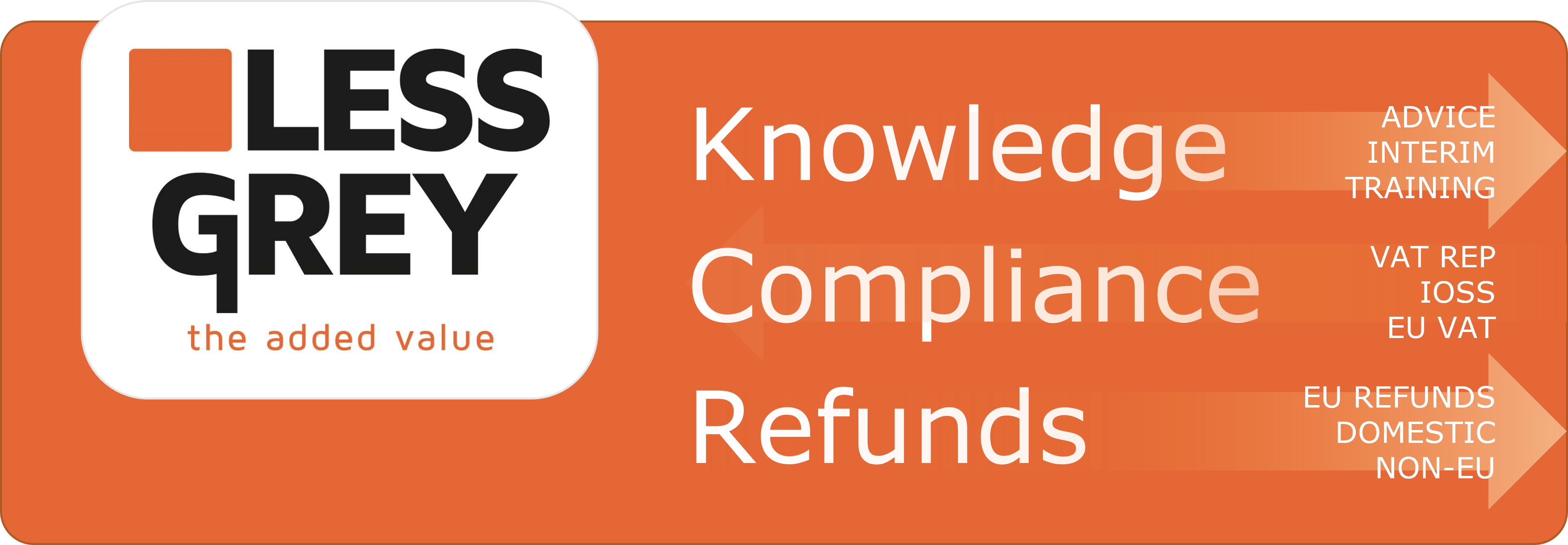On March 3, 2005, the ECJ issued its decision in the case C-472/03 (Arthur Andersen).
Context: Sixth VAT directive – Article 13B(a) – Exemption of services related to insurance transactions by insurance brokers and insurance agents – Life assurance – ‘Back office’ activities
Article in the EU VAT Directive
Article 13B(a) of the Sixth Directive (77/388/EEC) (Article 135(1)(a) of the EU VAT Directive 2006/112/EC)
Article 13 B of the Sixth Directive states:
Without prejudice to other Community provisions, Member States shall exempt the following under conditions which they shall lay down for the purpose of ensuring the correct and straightforward application of the exemptions and of preventing any possible evasion, avoidance or abuse:
(a) insurance and reinsurance transactions, including related services performed by insurance brokers and insurance agents
Facts
- At the material time in the main proceedings, the defendant, which was established in Rotterdam (Netherlands), included a private company established under Netherlands law called Andersen Consulting Management Consultants (‘ACMC’).
- On 26 May 1997, Royal Nederland Verzekeringsgroep NV, Universal Leven NV (‘UL’), a company active on the life assurance market through insurance agents, and ACMC concluded a collaboration agreement, which provided that ACMC would undertake on behalf of UL various activities designated in that agreement as ‘back office’ activities. ACMC delegated these activities to one of its divisions, Accenture Insurance Services (‘AIS’), which shares premises with UL.
- The ‘back office’ activities in question are described as follows in the order for reference: the acceptance of applications for insurance, the handling of amendments to contracts and premiums, the issuing, management and rescission of policies, the management of claims, the setting and paying of commission to insurance agents, the organisation and management of information technology, the supply of information to UL and to insurance agents and the drafting of reports for insured parties and third parties, such as the Fiscale Inlichtingen- en Opsporingsdienst (Tax inquiry and inspection service). When the information supplied by an applicant for insurance shows that a medical examination is necessary, the decision on acceptance of the risk is made by UL, otherwise that decision is made by ACMC and binds UL. AIS is in charge of almost all contact with the insurance agents.
- UL has staff corresponding to the equivalent of 2.9 full-time staff (‘FTS’), whilst AIS has 17 FTS working on the ‘back office’ activities. The AIS staff are trained in life assurance.
- The collaboration agreement provides for the formation of two committees, the ‘Review Committee’ and the ‘Operating Committee’, composed of representatives of UL and of ACMC, with the tasks of assessing the cooperation between UL and ACMC, ensuring compliance with the terms of the agreement, planning the ‘back office’ activities, discussing developments in insurance and their impact on those activities and resolving any disputes relating to that agreement. It provides for the appointment of a ‘Service manager’ and an ‘Operational manager’, who are to oversee the day-to-day cooperation between UL and AIS in order to ensure the efficiency of the ‘back office’ activities. It contains an exclusivity clause prohibiting ACMC from performing for third parties ‘back office’ activities comparable to those performed for UL. It provides for remuneration, calculated on the basis of the insurance portfolio and premiums received, for those ‘back office’ activities and a minimum remuneration.
- In its declaration for the month of September 1998, the defendant stated that it had paid the amount of NLG 10 000 in respect of turnover tax. That sum corresponded to the difference between, on the one hand, the turnover tax calculated on the payment invoiced to UL for the ‘back office’ activities carried out during that period and, on the other, the turnover tax deducted in that respect.
- Considering that the ‘back office’ activities carried out for UL were exempt from turnover tax, the defendant sought from the relevant inspector reimbursement of the sum of NLG 10 000, which was refused. It appealed against that refusal to the Gerechtshof te ‘s-Gravenhage (Regional Court of Appeal, The Hague) (Netherlands), which upheld its claim by judgment of 23 October 2001. That court considered that, by their collaboration, UL and ACMC intended jointly to make use of their skills in a common purpose, namely the joint operation of an insurance company. Thus, according to that court, the activities carried out by ACMC for UL cannot be regarded as the provision of financial services subject to turnover tax.
- The Netherlands State Secretary for Finance appealed on a point of law against the judgment of the Gerechtshof te ’s-Gravenhage to the Hoge Raad der Nederlanden (Supreme Court of the Netherlands). The defendant cross-appealed.
- The Hoge Raad der Nederlanden considers that the activities in question cannot be exempt from VAT as insurance transactions. To that effect, it observes, firstly, that according to the documents in the file and the findings of the Gerechtshof te ’s-Gravenhage UL alone bears the risks inherent in the performance of insurance activities and, secondly, that the insurance contracts are underwritten in the name of UL and not of ACMC.
- However, it is unsure as to the concept of ‘services performed by an insurance agent’ within the meaning of Article 13B(a) of the Sixth Directive. It observes that certain elements characteristic of that concept, such as the requirement for a direct link between the taxable person and the insured party, do indeed appear to be lacking in the present case. However, it adds that the activities in question constitute services relating to insurance transactions in which ACMC intervenes to a great extent as an agent. According to it, ACMC acts as such firstly between the insurance agents and UL by handling the insurance applications sent by them and very often by finalising them in the name of UL, and secondly between the latter and the insured parties by acting on behalf of UL with regard to those insured parties during the lifetime of the contract and when it is rescinded.
Questions
Where a taxable person has concluded an agreement with a (life) assurance company, such as the agreement at issue between ACMC and UL, under which that taxable person undertakes, for a certain remuneration and with the aid of qualified personnel who are expert in the insurance field, most of the actual activities related to insurance ( including, as a rule, the taking of decisions that bind the insurance company to enter into insurance contracts and maintaining contact with the agents and, as the occasion arises, with the insured ( while the insurance contracts are concluded in the name of the insurance company and the insurance risk is borne by the latter, are the activities undertaken by that taxable person in execution of the agreement “related services performed by insurance brokers and insurance agents” within the meaning of Article 13B(a) of the Sixth Directive?
AG Opinion
Where, by virtue of a contract with an insurance company, a taxable person performs on behalf of this company certain activities linked to insurance transactions, these are not to be considered ‘related services [to insurance or reinsurance transactions] performed by insurance brokers and insurance agents’ within the meaning of Article 13B(a) of Sixth Council Directive 77/388/EEC of 17 May 1977 on the harmonisation of the laws of the Member States relating to turnover taxes – Common system of value added tax: uniform basis of assessment, in so far as the taxable person does not have a direct relationship with the insurer and the insured party and his activities are not independent in relation to the insurer’s own activities.
Decision
Article 13B(a) of Sixth Council Directive 77/388/EEC of 17 May 1977 on the harmonisation of the laws of the Member States relating to turnover taxes – Common system of value added tax: uniform basis of assessment must be interpreted as meaning that ‘back office’ activities, consisting in rendering services, for payment, to an insurance company do not constitute the performance of services relating to insurance transactions carried out by an insurance broker or an insurance agent within the meaning of that provision.
Summary
Back office activities, consisting in the provision of services for remuneration to an insurance undertaking, are not services related to insurance operations, performed by an insurance broker or an insurance agent.
Source:
Similar ECJ cases
References to the Case in the EU Member States
Newsletters















